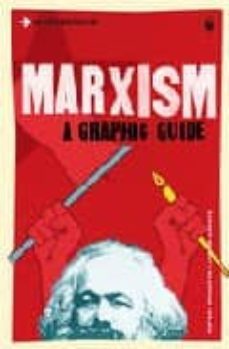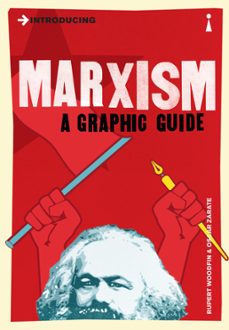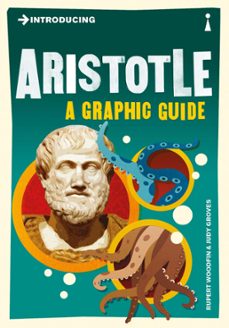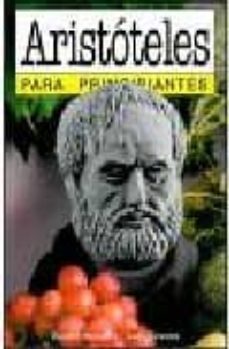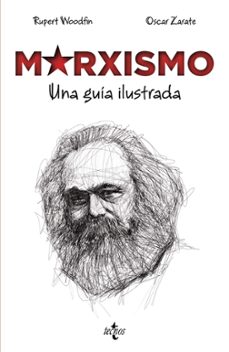Imprescindibles
Más vendidos Libros más leídos eBooks más leídos Todos los libros Todos los libros Autores destacados Series y sagas
Recomendados Libros recomendados Autores destacados Libros que inspiran Vidas con historia LGTBIQ+ English books
Ficción
Literatura Contemporánea Estudios literarios Clásicos Cuentos Poesía Teatro Libros de bolsillo Sagas literarias
Géneros literarios Novela romántica y erótica Novela negra Novela histórica Narrativa fantástica Novela de ciencia ficción Novela de terror Narrativa de humor Narrativa de viajes
No Ficción
Ciencias y tecnología Biología Ciencias Ciencias naturales Divulgación científica Informática Ingeniería Matemáticas Medicina Salud y dietas Formación Idiomas Estilo de vida Libros de Cocina Guías de viaje Narrativa de viajes Deportes Libros de Juegos Manualidades
Humanidades Autoayuda y espiritualidad Ciencias humanas Derecho Economía y Empresa Psicología y Pedagogía Filosofía Sociología Filología Biblioteconomía Estudios filológicos Estudios lingüísticos Estudios literarios Historia y crítica de la Literatura
Infantil
Juvenil
#Jóvenes lectores Narrativa juvenil Clásicos adaptados Libros Wattpad Libros Booktok Libros de influencers Libros de Youtubers Libros Spicy Juveniles Libros LGTBIQ+ Temas sociales Libros ciencia ficción Libros de acción y aventura Cómic y Manga Juvenil Cómic Juvenil Manga Shonen Manga Shojo Autores destacados Jennifer L. Armentrout Eloy Moreno Nerea Llanes Hannah Nicole Maehrer
Libros de fantasía Cozy Fantasy Dark academia Hadas y Fae Romantasy Royal Fantasy Urban Fantasy Vampiros y hombres lobo Otros Misterio y terror Cozy mistery Policiaca Spooky Terror Thriller y suspense Otros
Libros románticos y de amor Dark Romance Clean Romance Cowboy Romance Mafia y amor Romance dramatico Romcom Sport Romance Otros Clichés Enemies to Lovers Friends to Lovers Hermanastros Slow Burn Fake Dating Triángulo amoroso
Cómic y Manga
Novela gráfica Novela gráfica americana Novela gráfica europea Novela gráfica de otros países Personajes, series y sagas Series y sagas Star Wars Superhéroes Cómics DC Cómics Marvel Cómics otros superhéroes Cómics Valiant
Audiolibros
Literatura Contemporánea Narrativa fantástica Novela de ciencia ficción Novela de terror Novela histórica Novela negra Novela romántica y erótica Historia Historia universal
Humanidades Autoayuda y espiritualidad Ciencias humanas Economía y empresa Psicología y pedagogía Filosofía Infantil Audiolibros infantiles
Ciencia y tecnología Ciencias naturales Divulgación científica Medicina Salud y dietas Arte Cine Música Historia del arte
eBooks
Literatura Contemporánea Narrativa fantástica Novela de ciencia ficción Novela de terror Novela histórica Novela negra Novela romántica y erótica Juvenil Más de 13 años Más de 15 años Infantil eBooks infantiles
Humanidades Autoayuda y espiritualidad Ciencias humanas Economía y Empresa Psicología y Pedagogía Filosofía Historia Historia de España Historia Universal Arte Cine Música Historia del arte
Ciencia y tecnología Ciencias naturales Divulgación científica Medicina Salud y dietas Filología Estudios lingüísticos Estudios literarios Historia y crítica de la Literatura Estilo de vida Cocina Guías de viaje Ocio y deportes
Rupert Woodfin
Recibe novedades de RUPERT WOODFIN directamente en tu email
Filtros
Del 1 al 6 de 6
ICON 9781848310582
Was Marx himself a ''Marxist''? Was his visionary promise of socialism betrayed by Marxist dictatorship? Is Marxism inevitably totalitarian? What did Marx really say? "Introducing Marxism" provides a fundamental account of Karl Marx''s original philosophy ¿Era marxista el propio Marx? ¿Fue traicionada su visionaria promesa de socialismo por la dictadura marxista? ¿Es el marxismo inevitablemente totalitario? ¿Que fue lo que dijo realmente Marx? "Introducing Marx" nos ofrece un sumario fundamental de la filosofia original de Marx.
Ver más
Tapa blanda
Icon Books 9781785783074
Beautiful new edition of a classic comic-book introduction to Marxist thought. Karl Marx was one of the most influential thinkers of the late 19th century, inspiring revolutions and colossal political upheavals that have radically transformed the lives of millions of people and the geopolitical map of the entire world. But was he a Marxist himself? And how are his ideas still in play in todays society? Marxism: A Graphic Guide traces the story of Marxs original philosophy, from its roots in 19th-century European thinkers like Hegel, to its influence on modern-day culture. It looks at Marxisms Russian disciples, Lenin, Trotsky and Stalin, who forged a ruthless, dogmatic Communism, and the alternative Marxist approaches of Gramsci, the Frankfurt School of critical theory and the structuralist Marxism of Althusser in the 1960s. Rupert Woodfin and Oscar Zarates classic book, updated by Alex Locascio, explores the life, history, philosophy and politics of this most divisive of thinkers, and argues that Marxism remains a powerful set of ideas even today.
Ver más
eBook
Icon Books 9781848317635
Was Marx himself a Marxist? Was his visionary promise of socialism betrayed by Marxist dictatorship? Is Marxism inevitably totalitarian? What did Marx really say? "Introducing Marxism" provides a fundamental account of Karl Marxs original philosophy, its roots in 19th century European ideology, his radical economic and social criticism of capitalism that inspired vast 20th century revolutions. It assesses Marxisms Russian disciples, Lenin, Trotsky and Stalin who forged a ruthless dogmatic Communism. The book examines the alternative Marxist approaches of Gramsci, the Frankfurt School of critical theory and the structuralist Marxism of Althusser in the 1960s. It marshals postmodern interpretations of Marxism and raises the spectre of post-Marxism in Derridas confrontation with Fukuyamas end of history doctrine.
Ver más
eBook
Icon Books 9781848319868
"Introducing Aristotle" guides the reader through an explosion of theories, from the establishment of systematic logic to the earliest rules of science. Aristotles authority extended beyond his own lifetime to influence fundamentally Islamic philosophy and medieval scholasticism. For fifteen centuries, he remained the paradigm of knowledge itself. But can Aristotelian realism still be used to underpin our conception of the world today?
Ver más
eBook
ERA NACIENTE SRL 9789875550018
Aristóteles (Grecia, 384-322 a.C.) era conocido como "el maestro de los que saben". Pensador fundacional en todos los campos del conocimiento, nadie superó -ni siquiera su maestro, Platón- su extraordinaria amplitud intelectual. ARISTOTELES PARA PRINCIPIANTES guia al lector a lo largo de un camino caracterizado por el estallido de nuevas teorias, desde la creacion de la logica sistematica hasta los comienzos rudimentarios de las leyes cientificas. Aristoteles no solo compuso la primera teoria de la estetica; desarrollo, ademas, una psicologia racional, una ciencia politica y un esbozo de sociologia. Su teoria de la etica basada en la virtud sigue debatiendose en nuestros dias. Sus aportes a la metafisica -a las cuestiones del ser, la existencia, la sustancia y la causalidad- continuan impregnando la filosofia moderna. Y ningun debate posmodernista cabal puede ignorar la repercusion que tuvieron sus indagaciones en la dialectica y la semiotica.
Ver más
Tapa blanda
Tecnos 9788430970803
El libro recoge los puntos fundamentales de la filosofía de Marx y sus raíces en la ideología europea del siglo XIX, sus radicales críticas económicas y sociales del capitalismo qUe inspiraron las re
Ver más
Tapa blanda
Del 1 al 6 de 6


























